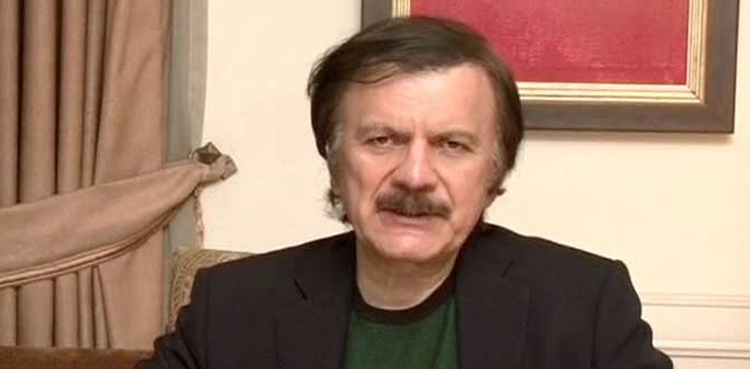ISLAMABAD: The government has announced an ambitious National Industrial Policy (NIP) 2025–30, marking a decisive shift from decades of protectionism toward an export-oriented, innovation-driven industrial economy. The policy, unveiled alongside a detailed address by Adviser to the Prime Minister on Industries and Commerce Haroon Akhtar Khan, seeks to realign Pakistan’s economic model by lowering tariff barriers, simplifying regulation, and reviving dormant industries.
Speaking at the policy launch here on Wednesday, Mr Akhtar described the new framework as a “blueprint for national revival,” saying Pakistan stood “at an inflection point in its economic journey.” He said the new policy would “replace protectionism with competitiveness” and reorient incentives away from rent-seeking toward performance-based growth. “Our goal is to make tariffs an engine of export-led growth, not a barrier to trade,” he added.
As per available documents, the T policy proposes a comprehensive tariff reform under which customs-duty slabs will be reduced to just four 0, 5, 10 and 15 percent over the next five years, while Additional and Regulatory Duties will be phased out altogether. According to the government’s estimates, these changes will deliver Rs175 billion in cost savings to industry during the current year alone. Officials described the reform as a structural break from the long-standing protectionist model that favoured domestic markets over exports, a shift consistent with the Prime Minister’s Economic Transformation Agenda, which aims to embed Pakistan within global and regional value chains.
The policy also aims to eliminate regulatory distortions that have constrained manufacturing competitiveness. Through the Regulatory Guillotine Initiative, 465 outdated or overlapping regulations have been simplified or removed, producing an estimated annual saving of Rs250 billion in business compliance costs. Mr Akhtar said the reforms were part of a wider effort to replace “harassment with facilitation,” noting that the forthcoming Asaan Karobar Act 2025 would permanently anchor these simplifications in law. The Companies Act 2017 has also been amended to ease incorporation and operations for unlisted firms, while security-clearance requirements for foreign investors are being streamlined.
The centrepiece of the policy is a new Debt Resolution and Industrial Revival Framework, developed jointly by the State Bank of Pakistan, the Securities and Exchange Commission, and the Pakistan Banking Association. It seeks to rehabilitate non-performing but potentially viable industrial units burdened by debt and outdated technology. A new National Industrial Revival Commission will oversee the restructuring of distressed assets, encourage mergers and acquisitions, and bring idle plants back into production and employment.
In energy and credit markets, the policy introduces several targeted reforms aimed at lowering costs and improving access. Special electricity tariffs will be offered to high-tech greenfield industries such as electric vehicles, data centres, and battery manufacturing, while a revised wheeling policy will reduce power rates for exporters. The government also plans to encourage banks to lower capital adequacy risk weightings for medium enterprises, thereby expanding credit access for small and medium-sized manufacturers.
The NIP’s broader macroeconomic targets include raising exports to $60 billion by 2030, achieving 6 percent GDP growth with 8 percent annual industrial growth, and lifting total investment to 15 percent of GDP. It explicitly aligns with Pakistan’s current IMF programme, emphasising reforms that are “fiscally neutral but structurally powerful” lowering tariffs, simplifying taxation, and improving regulatory efficiency rather than introducing new subsidies.
Officials said the policy draws lessons from regional success stories such as Vietnam and Malaysia, which transformed their economies through export-oriented industrialisation. “Industrial policy must evolve with the economy,” the document notes. “For Pakistan, the immediate task is to remove distortions, not to create new fiscal burdens.”
Concluding his address, Mr Akhtar said the policy represents more than a set of economic measures; it is an attempt to rebuild the country’s industrial spirit. “We are not merely reviving factories,” he remarked. “We are rebuilding the very spirit of enterprise that once made Pakistan a rising industrial power. The best time to plant this tree was twenty years ago; the second best time is now.”
Discover more from Brackly News
Subscribe to get the latest posts sent to your email.



